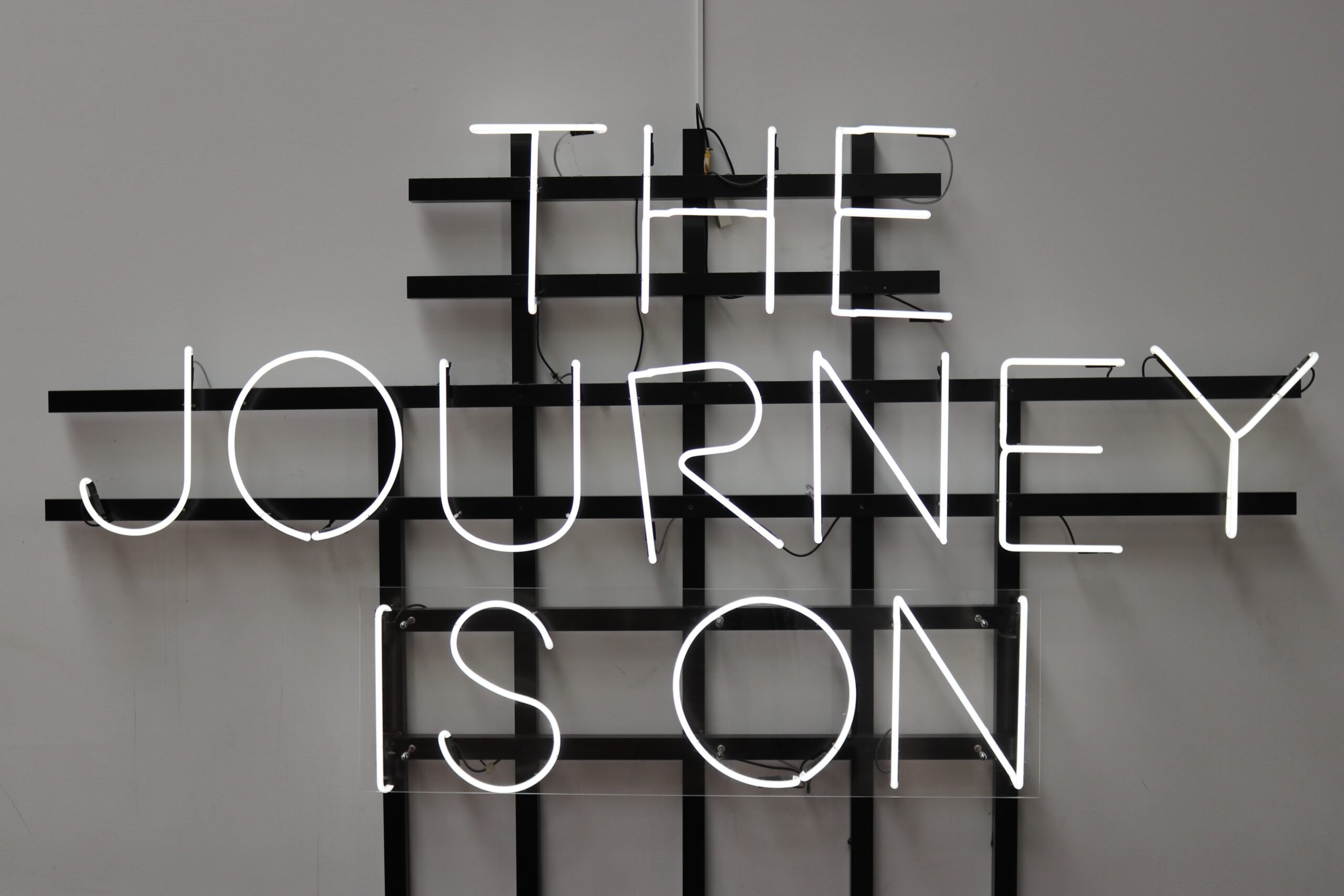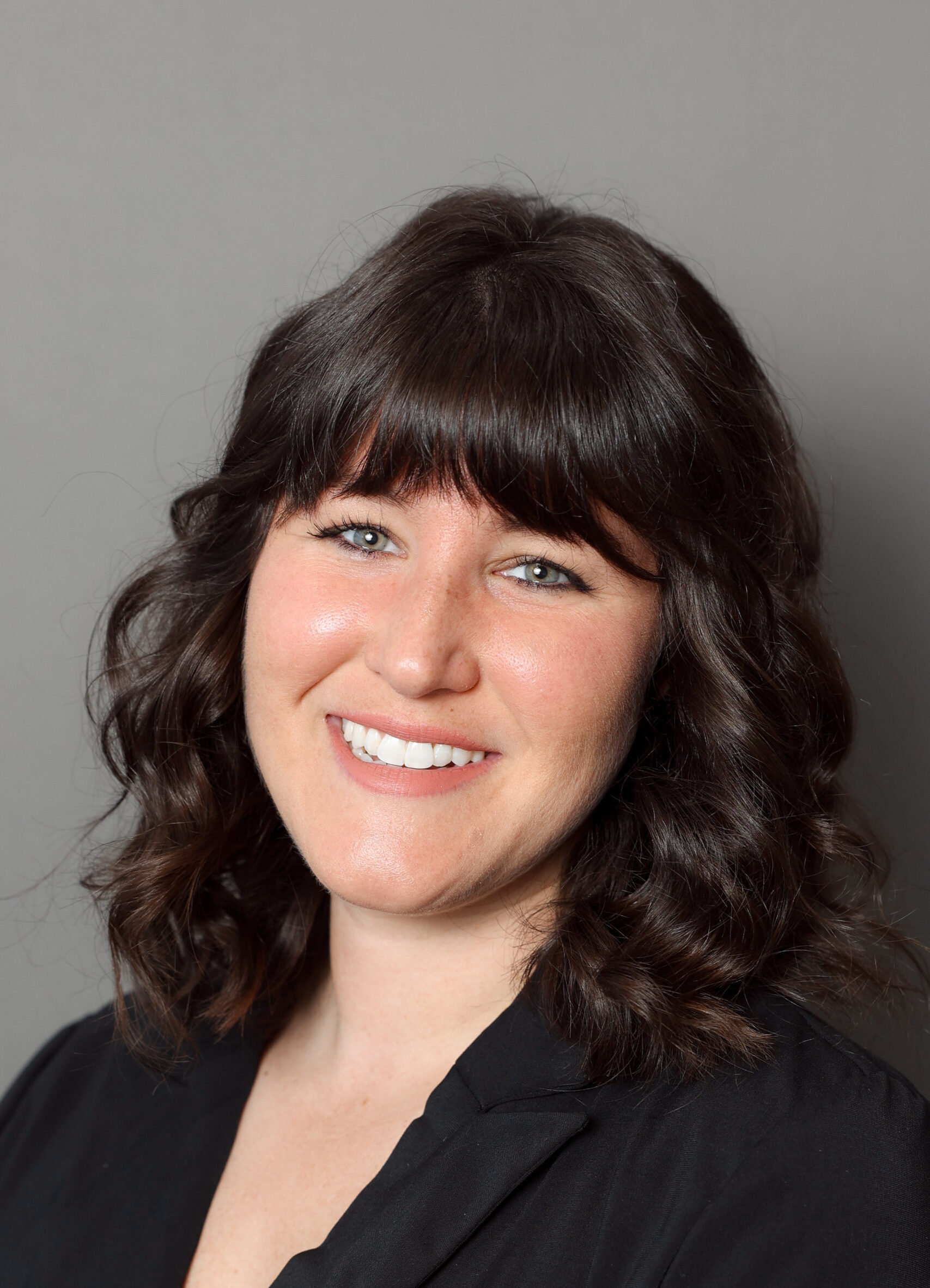Becoming better grantmakers: Why we embarked on a journey to improve our grantmaking

Editor’s note: CDP began an organization-wide review of its grantmaking practices and processes in 2022, incorporating learning and feedback from grantee partners, ensuring industry best practices for funders were considered and our values embedded deeper into our grantmaking practices and partnerships. As part of that change process, CDP committed to transparency and sharing our experience and reflections in a series of articles, blogs and case studies to promote and advance learning exchange with our peers in the philanthropic community. This post is part of that series.
We invite you to join us on our learning journey and embark on your own grants change management process.
In February 2022, the grantmaking team at the Center for Disaster Philanthropy (CDP) began a review of our practices, processes and forms to address areas of concern, benchmark with industry standards and understand how we could better operationalize our organizational values in our work as grantmakers. We sought to:
- Improve grantmaking practices by applying principles of trust-based philanthropy, Racial and Intersectional Equity (RIE) and localization.
- Act on grantee partner feedback from our comprehensive grantee perception report survey.
- Consider and implement changes to our overall grantmaking process.
- Revise and update forms and templates.
- Increase transparency and accountability to our grantee partners and other stakeholders.
These are some of the areas of concern the grantmakers wanted to address in this project:
- There was disagreement on the level of due diligence requirements for grantee partners and a lack of clarity on our risk appetite and whether these two aligned with each other and with our broader values/principles. Were we placing an unnecessary burden on our grantee partners and unintentionally discriminating against some organizations without knowing it?
- Some of our forms were unnecessarily long and complex for grantee partners to fill out, and we wanted to reduce the administrative burden on our grantee partners.
- We did not have a shared understanding or agreement on what data we needed to collect, whether it was required, how it was stored and how to use it to our benefit. We acknowledged that we were asking for a lot of data that we were not using.
- We had multiple, inconsistent forms that contained duplicate questions.
- We had standardized some of our grantee requirements across our domestic and international funds, making some forms and processes not necessary or fit for purpose.
- We had not systematically embedded our RIE practices or defined how to operationalize them into our grantmaking practices.
Do any of this sound familiar or resonate with you? Maybe it’s time for (another) review of your grantmaking processes.
We share all this not to dwell on our old ways of working but to acknowledge that our day-to-day practices and approach to partnerships were not reflected in our processes, systems and tools. These resulted in some of our tools not being fit for purpose. We also share this to encourage other funders to review their own processes and systems.
As philanthropy evolves, Peak Grantmaking encourages funders to engage in emergent learning as “an ongoing journey where learning is dynamic and driven by the evolving needs of the individual, the community, the organization and the sector.”
As a grantmaking team, we committed to addressing some of these challenges. Since then, we have identified solutions, made changes as an organization, and implemented new processes that speak to these issues.
We also agreed upon guiding principles for the team to keep in mind as we reviewed our entire grantmaking process. Some of these guiding principles included equitable partnerships, our commitment to RIE, moving toward trust-based philanthropy where possible, granting as local as possible, minimizing the administrative burden on grantee partners, maximum value of information collected, and only collecting data if it falls into “must-have,” not “nice to have” category.
With these challenges identified and principles in mind, we began our journey as a team with a short timeline and specific expectations of what we could achieve.
Our stellar grants manager, Audrey Kidwell, joined the team shortly after this process began. She brought many of the grantmaking team’s ideas to life and pushed us across the finish line with improvements that far exceeded our expectations.
Stay tuned for upcoming blogs in this series from Audrey about our overall process and implementation to learn how you can embark on your own grants change management process.
